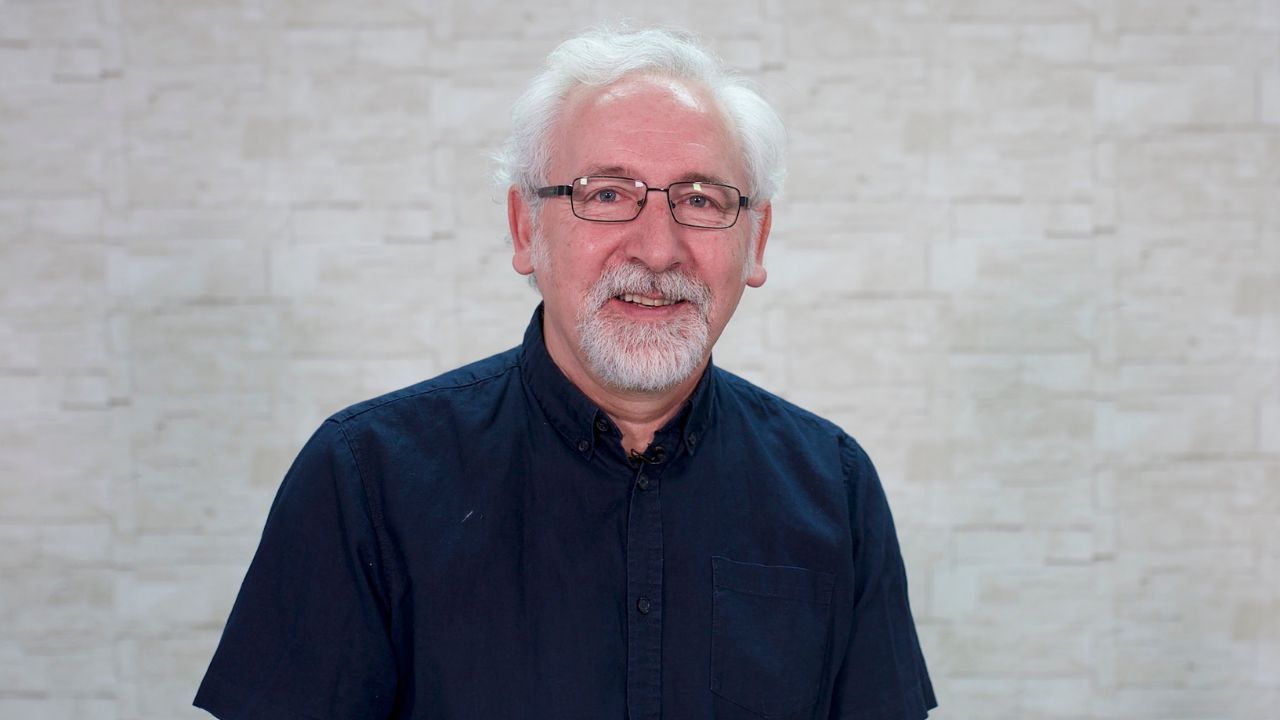Training employees is one of the best ways to ensure service quality and increase engagement. Companies that invest in employee training have a significant advantage over those that do not(McKinsey). This week we talk to Felix Zulaica, founder of 360 Hotel Management, about training hotel staff to increase revenue.
Welcome, Felix. Please tell us who you are and what you are passionate about.
Felix Zulaica, from Zarauz, a small beach town in Guipuzcoa, surfer, I'm good with numbers and about 12 years ago I discovered Revenue Management. I am a Professor and Revenue Coach, I love surfing on the beach! And collaborate with professionals in the numbers and strategies of their hotels.
What do you see as the relationship between staff training and revenue growth in a hotel?
There is a part that is related to who you are and what motivates you. If someone is motivated by money and gets paid commission for selling excursions or spa sessions, training can help. But they may be more motivated by the commission and its commercial characteristics than the training. But everyone is different. And not everyone is commercial by nature.
But there is nothing worse than having a person in a course who is forced and does not want to go. Luckily I have had very few of these. In surfing terms, the waves, the wind and the surfer must be well aligned.
What are the common mistakes hotels make when implementing training programs?
We are not experts in "global" hotel training and we do not design general plans. We have not had bad experiences either, those who come to our courses come motivated. But there are hotels that have Fundae credits, that lose them at the end of the year and have interested professionals who are left without training. This is something that I have never understood, since there are a number of courses that are 100% subsidized by Fundae (in Spain).
Fundae (Fundación Estatal para la Formación en el Empleo) grants an annual training credit (the so-called Fundae credit) to all Spanish companies, with which they can subsidize the training of their employees. This credit is valid for one year and is calculated on the basis of the contributions of the workforce in the previous year.
What trends do you currently see in terms of staff training in hospitality?
For some time now, the big chains have had their own campuses or academies, but in Spain 70% of hotels are independent. I believe that the most efficient thing to do is to advise from HR with the recommended training, but to leave the freedom for everyone to choose their own training, fulfilling certain requirements, of course.
How can staff be motivated to participate in training programs?
The first thing is that the training is done during working hours, which is not easy in independent hotels. The second, or the other way around, is for the employee to ask for what he/she thinks he/she needs. And that it is voluntary (except for training that is mandatory by law: allergens, safety, etc.).
What key aspects should a hotel consider when designing a training program for its employees?
Fundamentally, it must be aligned with the hotel's strategy: where we are, where we want to go, and training is an important part of this process. But also other resources.
Although we are focused on Marketing and Revenue, motivational issues, coaching, are fundamental. Team building. We know some spectacular success stories.
Could you give us an example of a successful training case that generated a positive impact on a hotel's revenue?
About 10 years ago the owner of some apartments in Jerez de la Frontera, Angel, came to a Revenue Course in Cadiz. Two years later he came to the Marketing Course in Seville and the first thing he said to me was: "Felix, your Revenue Management Course was very cheap for me: the following year I billed 30,000€ more" and with 15 apartments that's a lot of money. It made my day and my year.
Finally, what advice would you give to a hotel or hotel chain that wants to start training its employees?
Training is not an expense, it is an investment and must be profitable. In terms of knowledge, satisfaction and motivation.
Ask your employees what they need.
The company should be informed of what money, what Fundae credits it has so that the investment will be lower.
And if they make a mistake, we get back up and try something else. That is learning, also in terms of training.
This Thursday, May 16 at 4:00 p.m. we will talk with Felix about this topic, mark your calendar and don't miss it!


 Employee database
Employee database  Documents and e-signature
Documents and e-signature  Reporting and analytics
Reporting and analytics  Payroll and incidents
Payroll and incidents  Time and Attendance Software
Time and Attendance Software  Shifts and task list
Shifts and task list  Absences & time-off
Absences & time-off  Workflows
Workflows  Expense management
Expense management  Recruitment and selection software
Recruitment and selection software  Onboarding
Onboarding  Training and procedures
Training and procedures  Internal communication
Internal communication  Performance assessment software
Performance assessment software  HR surveys and forms
HR surveys and forms  Chatbot
Chatbot 